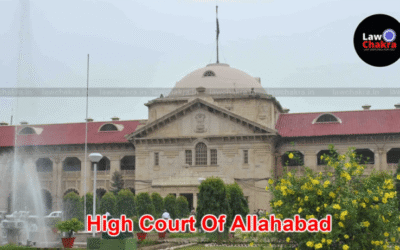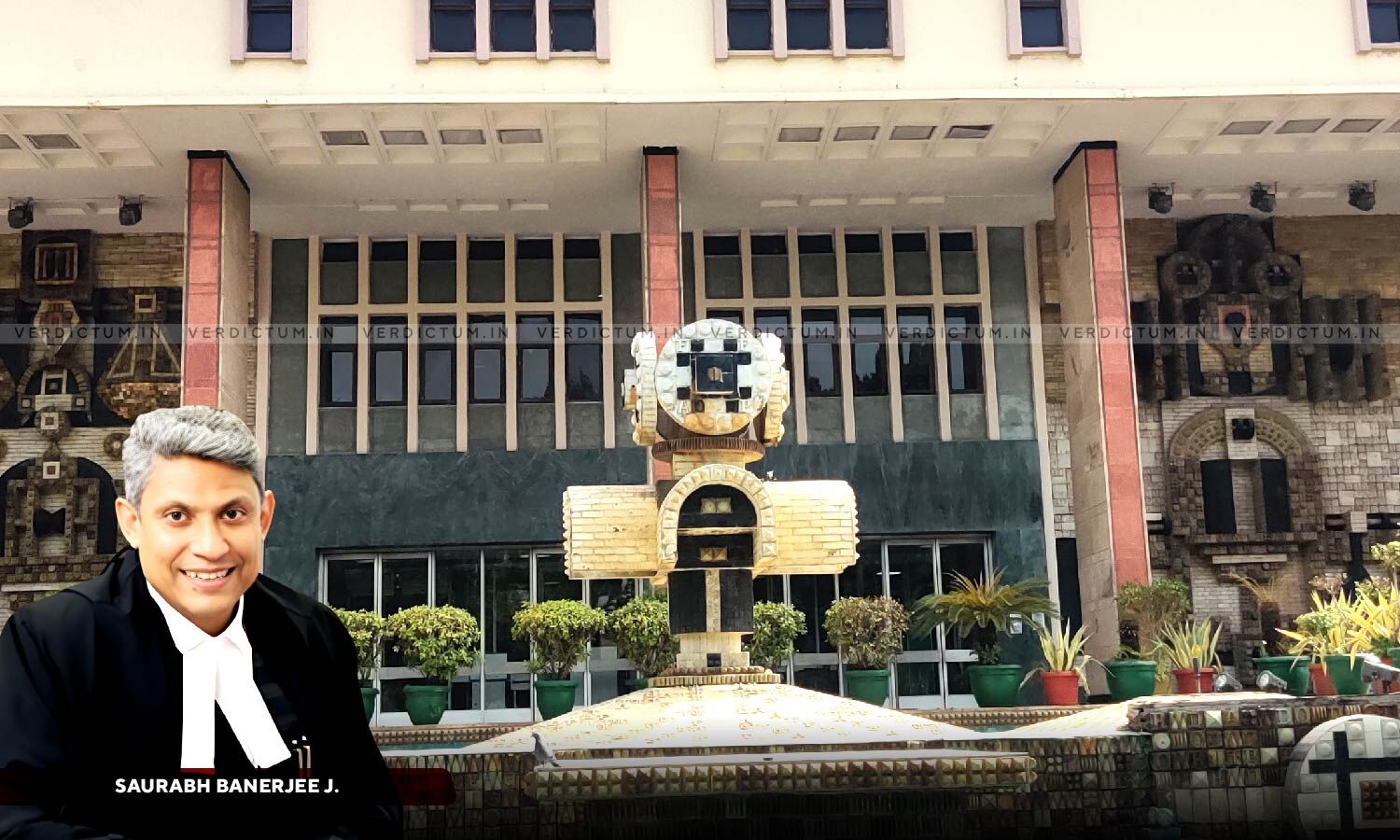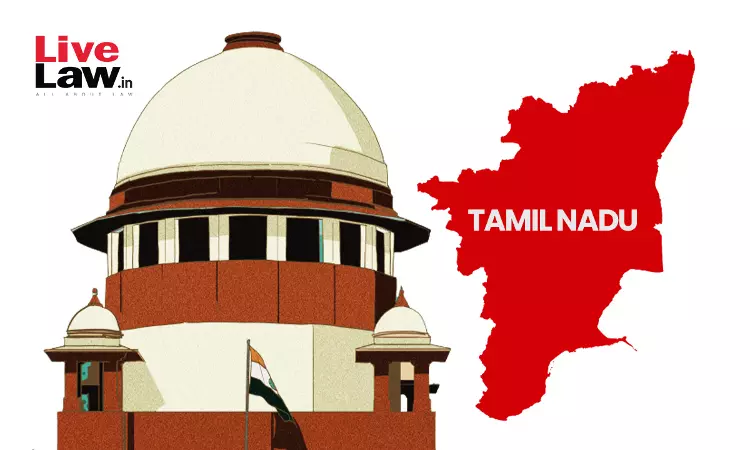Patna HC Grants Relief To Union Minister
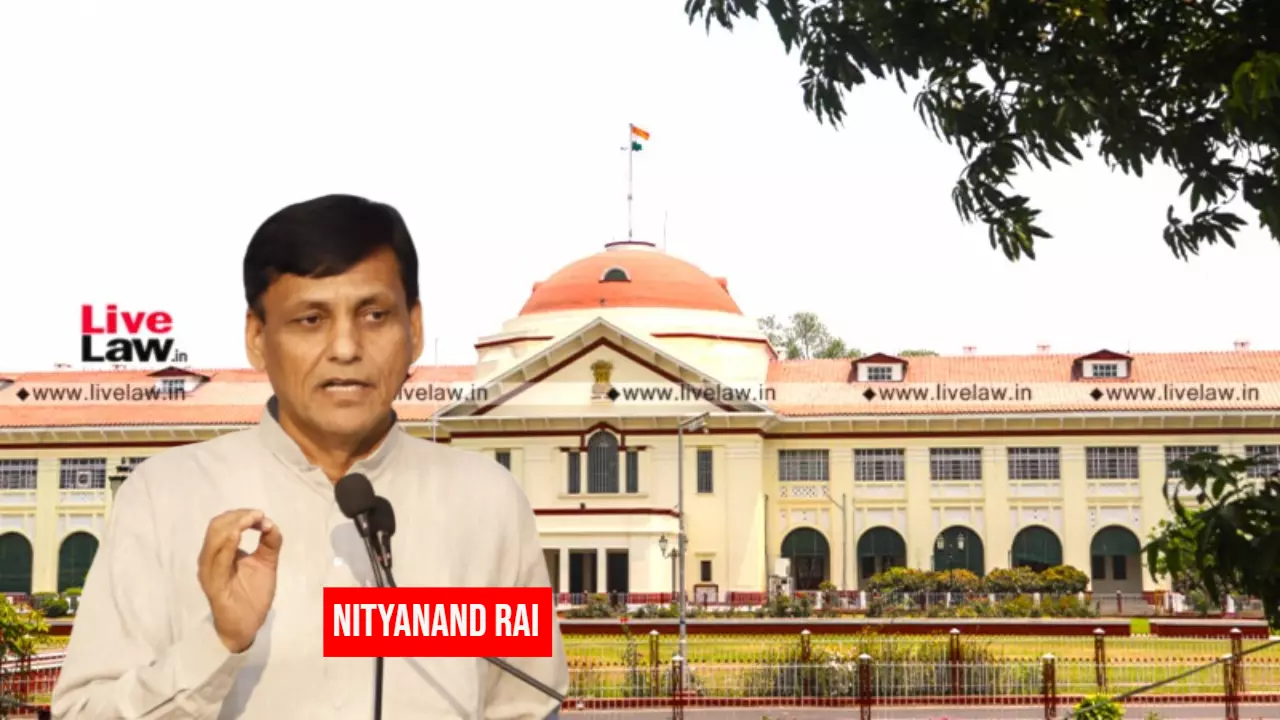
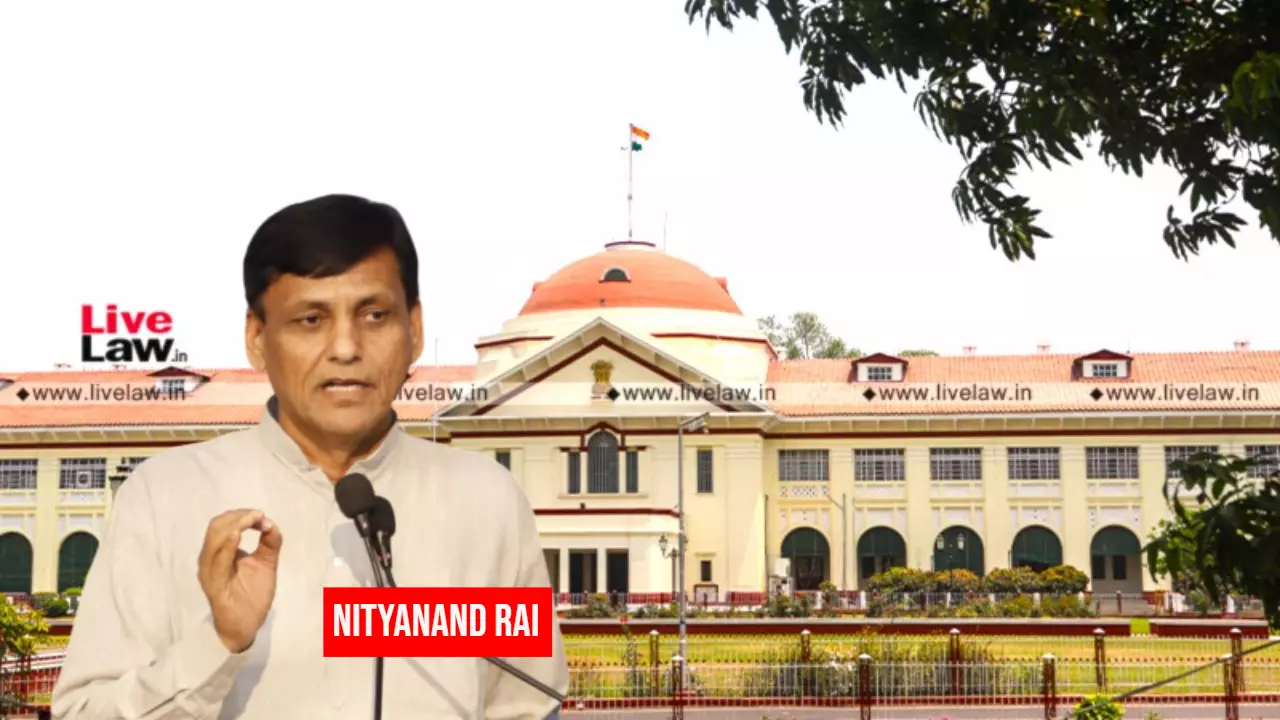
The Patna High Court has observed that merely voicing an apprehension that in case the candidate of a particular party wins the election, it may create the base of ISIS (a militant outfit) in the area, cannot be said to be ‘provocative’ speech in terms of Section 153 IPC [Wantonly giving provocation with intent to cause riot].
Holding thus, a bench of Justice Chandra Shekhar Jha set aside an order of CJM, Araria, taking cognizance and issuing Summons to Union Minister of State for Home Affairs, Nityanand Rai in connection with offences under Section 153 IPC and Section 125 of the Representation of People Act [Promoting enmity between classes in connection with election].
Taking note of the allegations against Rai as well as thematerial available on record, the single judge noted that prima facie no offence as alleged was attracted against him and that cognizance order was passed mechanically.
In brief, it was the case of prosecution that Rai, while addressing a public rally on March 9, 2018, during the Araria Lok Sabha by-election campaign, allegedly made a provocative statement in violation of the Model Code of Conduct.
It was alleged that he delivered a hate speech targeting the Rashtriya Janata Dal (RJD) candidate Sarfaraz Alam, stating that if Alam were to win, the Araria constituency would become a base for the militant outfit ISIS.
Challenging the summoning and cognizance order passed against him, Rai moved the High Court, arguing that his speech did not refer to any religion or community, nor did it contain anything illegal that would attract Section 153 IPC.
It was also his contention that the FIR was politically motivated and had not been filed by the candidate himself but it was filed at the behest of a local administrative officer.
At the outset, the single-judge examined the meaning of the key terms ‘malignantly’ and ‘wantonly’ as incorporated under Section 153 IPC. It noted that while the word ‘Malignantly‘ relates to an act having the nature of extreme malevolence or enmity, the word ‘Wantonly‘ implies deliberate recklessness, uncalled for or unjustifiable conduct.
The Court, however, noted that if the act is not ‘illegal’, however Wanton, however undesirable, however deplorable the act may be, no offence under section 153 IPC would be made out.
Against this backdrop, examining the allegations, the Court noted that while Rai had expressed an apprehension about ISIS gaining ground in Araria if the RJD candidate won, the speech did not make any reference to religion, caste, community, or language.
The Court specifically remarked:
“Admittedly, no illegal act was done by the petitioner. Mere showing an apprehension that in case the candidate of a particular party will win the election may create the base of ISIS (a militant outfit) in Araria, district of Bihar, cannot be said that the speech was Malignant in nature or was wantonly in terms of its dictionary meanings as discussed aforesaid.”
The Court also pointed out that ISIS, though a militant organisation, does not have any connection with any religion.
In view of this, the bench opined that the written complaint and the cognizance order failed to demonstrate how the alleged speech promoted enmity or hatred on grounds prohibited by law. It also noted that no prima facie case was found to be made out against Rai.
In view of this, finding that the cognizance order to be non-speaking and passed in a mechanical manner without application of judicial mind, the bench set aside the cognizance and the consequential proceedins and allowed his petition.
Case title – Nityanand Roy @ Nityanand Rai vs. State of Bihar

